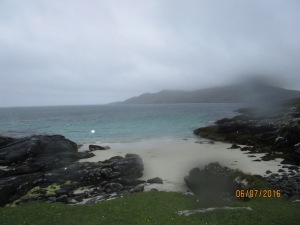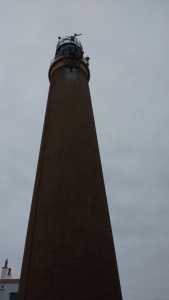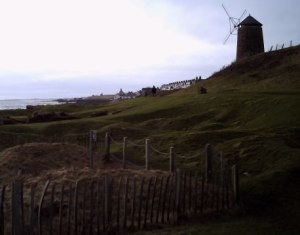Cameron’s deal with Brussels despite Martin Kettle writing in the Guardian was ‘Much Ado about Nothing’
http://www.theguardian.com/commentisfree/2016/feb/05/david-cameron-eu-deal-brussels-media-reaction
Is the deal anyway legally binding – I don’t know – I’m not a constitutional lawyer. In any case like all laws they can be rescinded. I have no doubt that if the EU Referendum result is for Out then the new Tory incumbent of Number 10 would quickly rescind any such laws; indeed she would be commitment bound to Brexit.
By the real question is why are we in Europe anyway and the same question applies equally why is Scotland in the UK. Despite what one might think from the media, Scotland voted to join England to create the UK by the Act of Union; one could argue that some duress was brought to bear but nevertheless the Union was voted through, through the then Scottish Parliament. There is duress in most unions; but the UK joining Europe was not one of them. The UK applied three times to join the then EEC and succeeded on the third attempt under the Tory PM Edward Heath – no duress here.
Looking back to the end of WW2
‘The European Economic Community (EEC) was created against the backdrop of post World War II Europe, with the aim of never again allowing human rights atrocities such as those committed by Germany. Three Communities were founded in the 1950s: the Coal and Steel Community, the Atomic Energy Community and the Economic Community, with their own law-making institutions and flag.’
One of the drivers to setting up the EEC was Churchill who was also an instigator of the European Court of Human Rights.
‘We cannot aim at anything less than the Union of Europe as a whole, and we look forward with confidence to the day when that Union will be achieved.’
OK Churchill was a somewhat left of centre Tory but a Tory no doubt.
And to me both the EU as successor to the EEC along with the European Court are rightful products of us as members of Western Civilisation.
Yes European Wars have been going on for 3 millennia, ever since Athens established the ground work for Western Civilisation, but since the EEC was set up there have, with the exception of the Bosnian wars, been no wars since – a real plus. I am not suggesting that should the UK Brexit we will automatically launch a war with our European neighbours; and I have little doubt that should another war take place in Europe we will go to the aid of one side. But why risk it.
An enduring memory, for me, was when lessons were stopped in my primary school days to listen to the war reporters provide on-line commentaries from the D Day landings. I prefer not to sit and listen to such reporting of this nature in my lifetime.
The EU if far from perfect; it does worry about setting up trivia rather than taking the high road; but whose fault is it that Brussels avoids the high road; certainly the UK objects to anything that smacks of central policy and direction. One of Cameron’s agreements, that he considered key, was ’ever closer union’ is about trust and understanding, not political integration.
If ever there was a need for direction by the EU it is now with immigrants seeking asylum from the Middle East and Afghanistan, with a well structured fiscal policy rightly or wrongly based on the euro; a far better understand between Europe north and south and a mature and workable foreign policy not only with respect to Russia but with the Far East and with the US. Why is the US pressing hard to keep the UK in Europe? It is hardly for financial reasons, for all its financial problem the US economy is far larger and stronger than the UK’s or for that matter Europe as a whole.
The UK boasts of its strong financial position with respect to Europe but ‘come the revolution’ that would evaporate; the UK has no fall back on manufacturing compared with the other states of Europe; Germany of course but France and Italy also. But it’s not the economy stupid it’s that the UK is integral to Europe, we play their music, act their plays and appreciate their art; and so does the US. The US is as bound to Europe is as the UK is; after all the US expelled its indigenous peoples and peopled it with Spanish, French, English and Scots. If the UK left Europe the US would lose its interlocutor with Europe and that’s why Obama seems so worried with a UK Out. The Marshall Plan wasn’t wholly altruistic.
Clearly the UK could exist outside the EU just as Scotland could exist outside the UK. The UK would continue to trade with the rest of the world but the UK is a minnow compared with the US and China and increasingly India. But that is not the point, for good or ill and I believe because that’s where I was brought up, for good, we are part of the Western World; a world which largely recognises and abides by Human Rights and whose governments generally act civilly towards its citizens, and I would be loathed to be outside its main stream culturally and morally.
PS I believe in local government, which is missing in Scotland, but I see no contradictions in local government being within the umbrella of a regional council which is within Scottish/ UK Government which in turn is within the umbrella of a Europeans Commission responsible to the European Parliament.






















